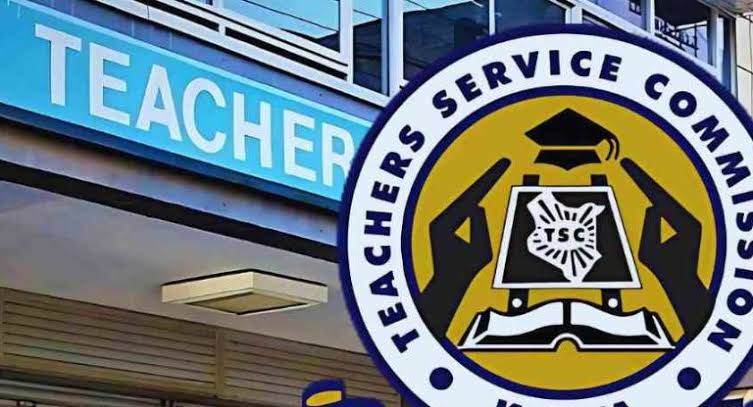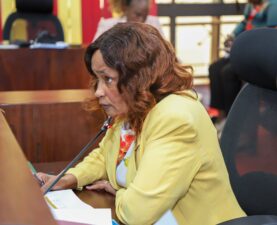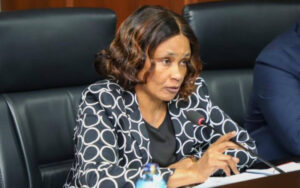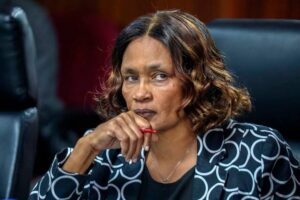Lawmakers have demanded that the Teachers Service Commission (TSC) disclose detailed staffing information at the constituency level to expose disparities in teacher deployment. The call came during a heated session of the National Assembly Committee on Education, where MPs accused the commission of masking inequities under broad recruitment policies.
According to TSC officials, teacher recruitment is built on fairness and inclusivity. Vacancies are identified based on shortages, distributed across counties, advertised publicly, and filled after structured interviews. They added that five percent of opportunities are reserved for teachers with disabilities and that staffing decisions prioritise hard-to-staff and marginalised areas.
But MPs argued that the policies do not reflect reality. Mombasa Woman Representative Zamzam Mohamed insisted that data must be made public to prove whether resources are fairly distributed. “We cannot rely on theory while schools in some regions are collapsing due to lack of teachers,” she said.
Legislators highlighted cases where hundreds of learners are handled by a single TSC-employed teacher, while additional staff are financed by parents. This, they argued, unfairly burdens taxpayers and fuels regional inequalities.
Aldai MP Marianne Jebet Kitany stressed that parents in under-served areas are paying twice for education—through taxes and out-of-pocket hiring. “That is not equity,” she said.
Beyond numbers, MPs questioned criteria that seem to privilege science subjects over arts and social sciences. They warned this could erode curriculum balance and further disadvantage teachers from less prioritised fields.
Lawmakers also pressed TSC to focus on employing teachers earlier in their careers, pointing out that many nearing retirement have never had the chance to serve formally.
The demand for constituency-level data signals growing pressure on TSC to improve accountability and ensure recruitment reflects the ground realities faced by teachers and learners alike.






